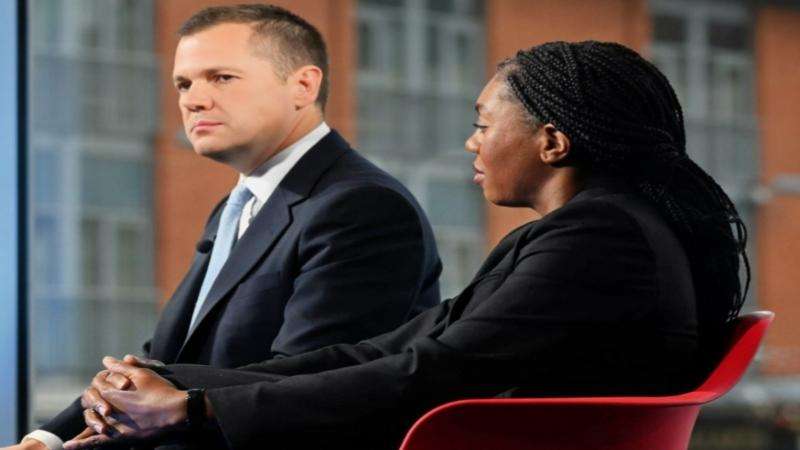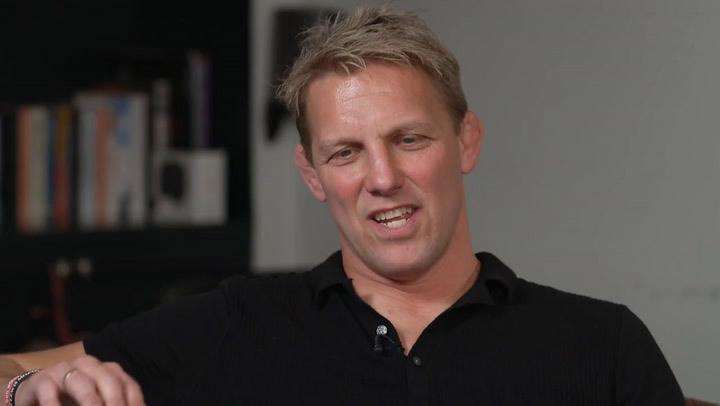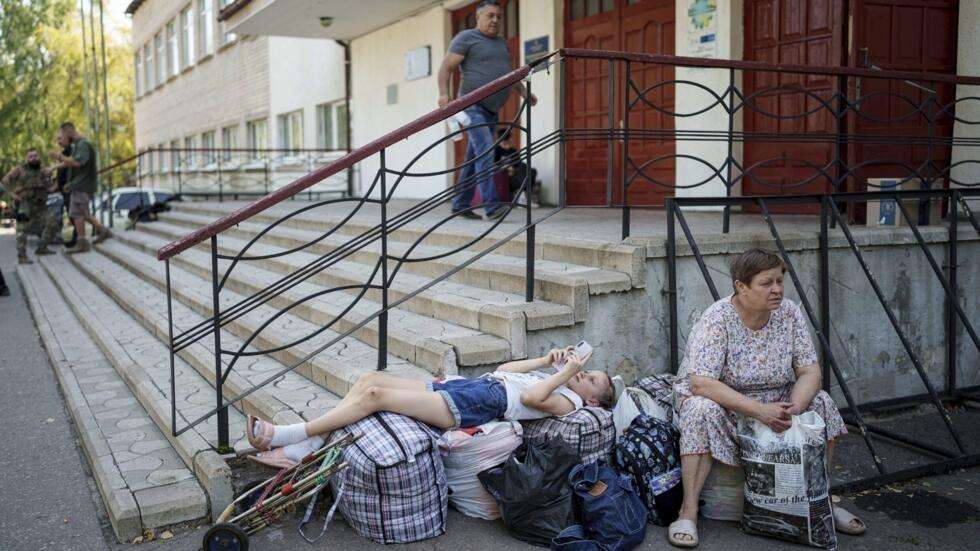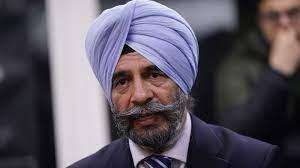Rapid Russian advances in eastern Ukraine toward the strategically important city of Pokrovsk have drawn criticism from the public and sparked doubts about Volodymyr Zelenskiy's decision to make the risky invasion into the Russian Kursk region.
Russian forces have been trying to take Pokrovsk, a strategically significant mining town with 60,000 or so residents prior to the war, for months, but in recent weeks, their progress has accelerated significantly.
According to Deep State, a Ukrainian organization that monitors frontline activity and is affiliated with the country's defense ministry, Russian forces were on Friday fewer than 10 kilometers (6 miles) from the edge of Pokrovsk, where local authorities had issued an order for a mass evacuation.
Russian pro-war military bloggers also reported on Friday that forces had entered the nearby city of Selydove, south of Pokrovsk.
As Vladimir Putin’s troops advanced on Pokrovsk, Russia also shelled a residential building and a children’s playground in Kharkiv, killing at least five people, including a child, and leaving 40 people injured, according to the city’s mayor.
Videos circulating on social media showed flames pouring out of the high-rise building, which officials said was hit with a glide bomb. Kharkiv, Ukraine’s second-largest city, has come under relentless shelling since the start of Russia’s full-scale invasion.
Located at the intersection of several key roads, Pokrovsk facilitates the supply of Ukrainian forces across a broad frontline and its loss could open the way for further Russian advances in the Donetsk region.
“The situation is very bad, and it deteriorated quickly,” said a commander whose troops are stationed near Pokrovsk, speaking on the condition of anonymity, as he was not authorised to speak publicly on the matter.
“Time will tell if we should have sent troops to Kursk instead of defending the east. But for now, we are suffering,” he added.
Kyiv’s surprise incursion into Russia’s Kursk region earlier this month provided a welcome boost to morale at home and raised hopes that the gutsy attack might prompt Moscow to redeploy its troops away from the eastern front.
But more than three weeks into the operation, Ukraine’s military has admitted that Russia has not yet committed its forces in eastern Ukraine to recapture its own territory, while Kyiv’s progress in the Kursk region has significantly slowed down.
Ukraine continues to hold a chunk of Russian territory and in Sumy, the Ukrainian city closest to the operation, signs of the incursion are everywhere, with an increased military presence in the city and frequent sightings of military hardware headed in the direction of Russia.
On Friday, Russian strikes on Sumy killed two women and wounded eight other people, regional officials said, claiming guided air bombs had been used to strike a factory. There are regular strikes on areas close to the border. Regional authorities urged residents of these areas to evacuate as soon as possible. Already, more than 20,000 people have left the border areas.
Ukraine’s top general, Oleksandr Syrskyi, said last week Moscow had redeployed 30,000 troops to recapture its territories in the Kursk region, with some troops shifted from the occupied south of Ukraine.
Crucially, he also said that Russia was simultaneously increasing its efforts in the Pokrovsk sectors.
A popular Ukrainian commentator and officer in the army’s reserves, who goes by the online handle Tatarigami, said the breach in the frontline in the Donetsk region was “worsened” by the Kursk offensive, which he said “diverted experienced and motivated brigades, stripping stabilisation reserves and allowing Russian forces to advance rapidly.”
He also accused the Ukrainian military leadership of underplaying the gravity of the situation.
“Unfortunately, the high command is still receiving reports about the ‘controlled situation’, which is far from being controlled … Lies, lies, lies,” he tweeted.
Zelenskiy this week rejected charges that the redeployment of experienced troops to Kursk had weakened Ukraine’s position in Pokrovsk.
During a press conference on Tuesday, the Ukrainian president described the situation in Pokrovsk as “extremely difficult” but argued that the incursion had actually slowed down Russian advances toward the city.
However, open-source data, along with military analysts close to the Ukrainian military and pro-Russian bloggers, paints a different picture, showing a deteriorating frontline since 6 August when Ukrainian forces first entered Kursk.
Even before Ukraine decided to send troops to Kursk, the country had been on the back foot in eastern Ukraine for months, grappling with delayed western aid while its forces remained outnumbered and exhausted.
Some Ukrainian soldiers have stated that the Kursk incursion was not to blame for the collapse on the frontlines. Instead, they attribute the difficulties to troop exhaustion, with some soldiers having been engaged in combat since the start of the invasion more than two years ago.
“At the moment, it looks like our front in Donbas has collapsed,” Roman Ponomarenko, a brigade officer at the revered Azov Brigade wrote on Telegram.
“The defence of the Ukrainian armed forces is disorganised, the troops are tired, weakened, and many units are demoralised … And it’s not because of the Ukrainian armed forces’ operation in Kursk.”
Ukraine has since managed to partially replenish its forces through strict new government conscription laws that have lowered the draft age from 27 to 25.
However, the newly mobilised troops appear to be sent to the frontlines with limited military training.
“The replenishment received is mostly untrained and does not help; instead, it complicates the combat operations of the units,” Ponomarenko wrote.
In an interview last week with Associated Press, a battalion commander in Ukraine’s 47th Brigade said that some of the newly mobilised shoulders “don’t want to shoot”.
“They see the enemy in the firing position in trenches but don’t open fire … That is why our men are dying.”
The news of the accident of the first F-16 fighter jet delivered by the West, which claimed the life of well-known pilot Oleksiy Mes, also known by his call sign Moonfish, significantly damaged Ukraine's already low morale.
Mes was among the first wave of veteran Ukrainian pilots to receive F-16 flight training in the west.
One Ukrainian politician asserted that friendly fire brought down the jet, despite the Ukrainian military's statement on Monday that it crashed while fending off a significant Russian strike.
_8.jpg)
_5.jpg)
_8.jpg)





.svg)


